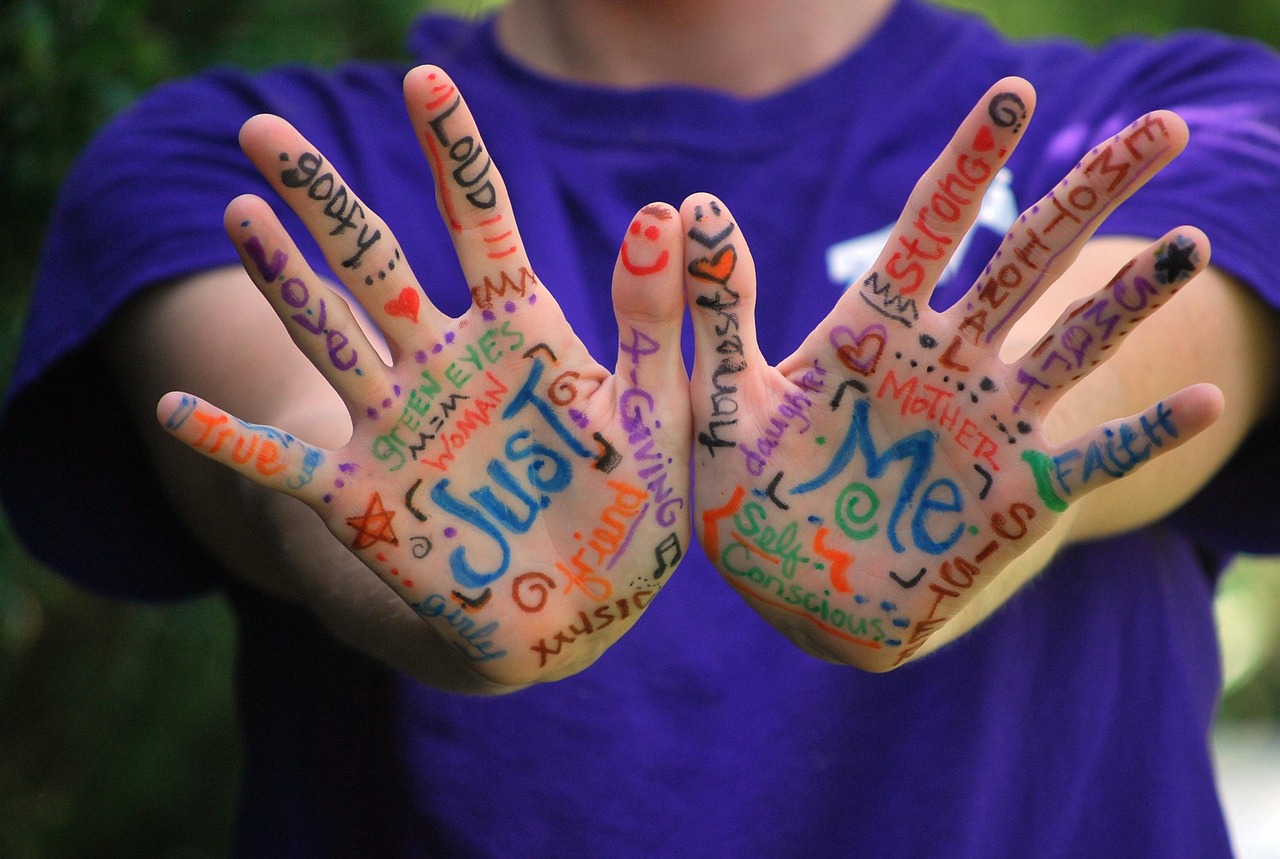Blogs

Exploring the Expression of Love in ‘Love Languages’

How do we show love and care? Some buy flowers, some schedule date-nights or game nights, from running errands together, cooking their favourite meal or simply telling them that they are loved through words or hugs. There are truly endless possibilities to show someone that we care, love, understand, validate, consider and empathise with them in a relationship, a relationship which goes beyond just romantic relationships.
The Five Love Languages
Gary Chapman, based on his experience as a pastor counseling married couples, came up with a theory of love languages, published in his 1992 book.
The five love languages: The secret to love that lasts. He shared that there are persistent differences in people’s preferred ways of showing and receiving affection, naming them “love languages”.
His concepts are based on the belief that every individual has a primary love language that they use the most to express and feel loved by. These primary love languages are categorised into five:
1. Words of Affirmation (verbal expressions of gratitude, praise, or motivation)
2. Quality Time (intentional time spent together with full attention)
3. Receiving Gifts (material symbols of appreciation)
4. Acts of Service (helpful support through actions)
5. Physical Touch (ranging from holding hands to intimate interactions)
Majority of relationship challenges arise from partners communicating in different, as opposed to the same, love languages.
Over the years, the concept of love languages has risen in popularity. After all, a language can be learned. It can be broken down into sounds and pictures. The desire to do the same with love, breaking it down and simplifying it, sounds like something which should have made modern relationships easier to navigate and love easier to find.
Yet couple counselors report individuals in relationships struggling to feel appreciated, accepted and secure in their love for each other. There is a lack of communication which further exacerbates these feelings and creates distance.
What is Love?
Our behaviour is deeply connected to our emotions and experiences. What we see, hear and feel is important to understand our actions of love. For the sake of the article, our understanding of ‘love’ can be limited to a complex emotion which involves strong feelings of affection and tenderness which manifest as acts of love. So, where there is a need to show love, we can assume that there is an emotion of love. Then again, the question arises: how can we get better at showing our love ?
Feeling and understanding our emotions has garnered some importance over the years. We have the language to facilitate a better understanding of our emotions and interior world.
As per the theory of Albert Ellis, our experiences, emotions and actions are significantly connected. Emotions arise rapidly and organically, they are a precursor to behaviour. Our beliefs and experiences mixed with emotions colour our behavior. Experiences with love and our resulting beliefs are personal and subjective but there is some universality in our emotions of love, as evidenced by the centuries of scholars and authors inspired by it. Then to answer our question, we must first understand how we feel love.

Love is Universal
“To Love one is to Love All” - a saying which captures the all encompassing nature of Love. It may seem absurd at first. For me, it signals the universality and all-embracing essence of Love. The five love languages, when analysed through the lens of this universal love, can be interpreted differently. For example, we use words of affirmation while watching a tennis game, a parent’s loving exclamation upon seeing their toddler take their first steps and a kind stranger complimenting your dress on your morning commute. A pair of friends spend quality time playing video games together, a grandma feeds all the cats in her area, we receive blessings from strangers in temples and trains and hug strangers when your favourite cricketer creates history.
In our daily life, even in the absence of love we witness meaningful acts of care.
Where do they stem from if not from the love felt for all ? I do not want to center romantic love as the epitome of Love but even love for oneself, our family and friends deepens our understanding of this emotion. The more we experience and understand, the more clear our expression of love becomes. I take care of my needs because I feel love for myself. The same goes for people around me, and the ultimate form of love is love for humanity. We are all worthy of love because we are human.
Debunking Love Languages
Studies have found that couples use many ways of showing affection. Yes, it may be true that we prefer to spend our time in a way which fits into these categories. But to reduce meaningful displays of affection to a ‘language’ seems to paint a half picture. Research suggests that the use of all love languages is associated positively with satisfaction in relationships, regardless of individual preferences. Any indication for high satisfaction with matching love language is minimal.
In the paper ‘Popular Psychology Through a Scientific Lens: Evaluating Love Languages From a Relationship Science Perspective’, Emily Impett associates love to a balanced diet rather than a language. Our expression of love is both spontaneous and contemplated. Love felt but not expressed does not make for a lasting love. If there is one thing we can take away from Chapman’s languages, it is this. This may be the reason for its wide popularity because as desire and love become more and more commodified, there is an ever increasing separation between emotion and expression.
There is no book or theory which can teach us how to love. Sure, we now know that expressing love in certain meaningful ways helps a relationship grow stronger. But to find meaning, we only need to look within ourselves, to curiously explore our own humanity, what it means to be yourself in this world. Is there love contained in ways we take care of ourselves, others or in being taken care of by others?
Our understanding of love can only deepen by pondering on this question. There is much to learn even from theories such as the love languages because it urges us to ponder on the existence of love. Small acts of affection in married couples to acts of care towards ourselves, love is everywhere.
Search Category
Frequently Asked Questions
Q. What is therapy, and how can it help me?
Q. Is therapy confidential?
Q. How do I know if I need therapy?
Q. How do I choose the right therapist for me?
